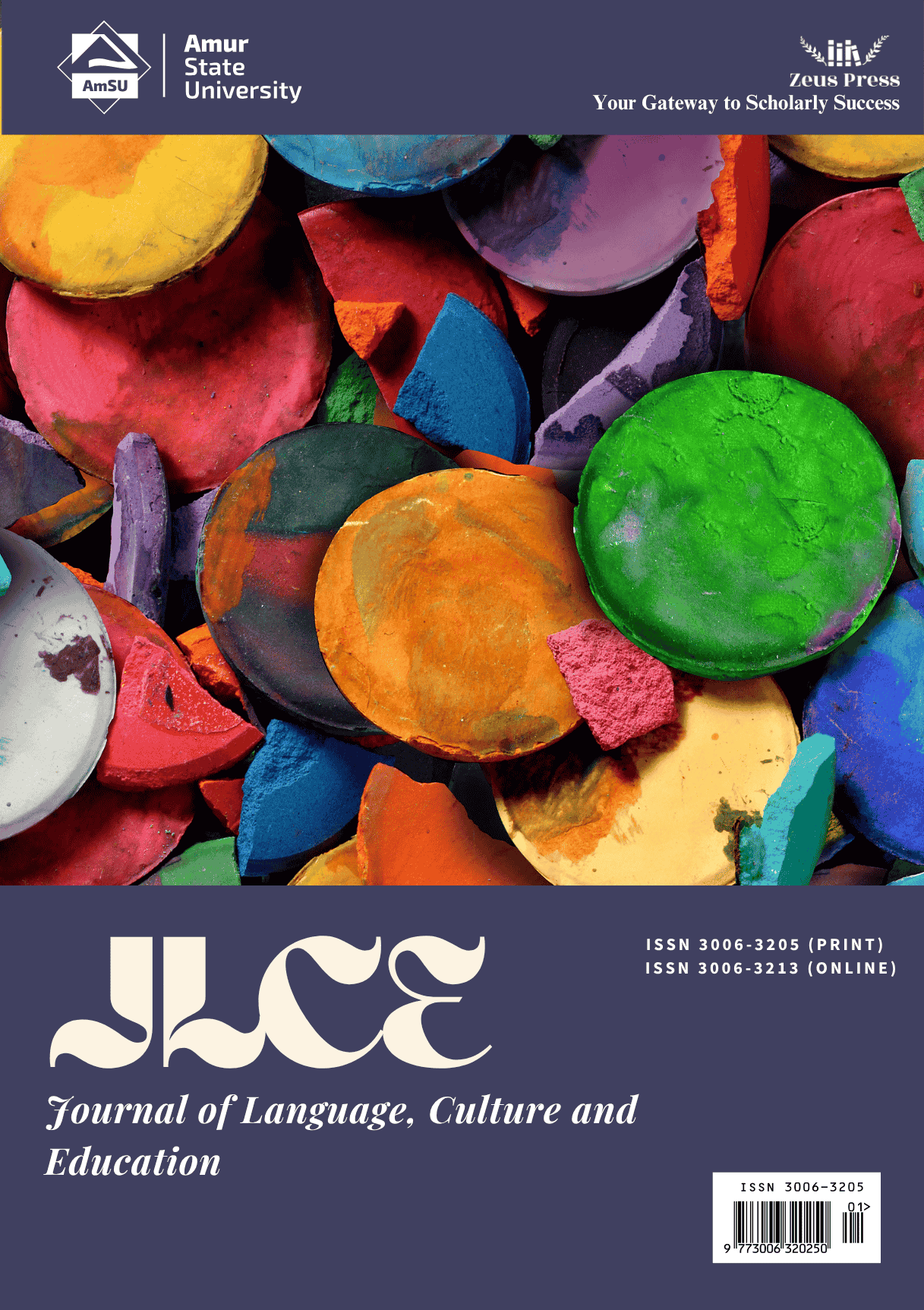How Parents Can Support Language Development in Children Approaching Age Two: What to Know and What to Do
Main Article Content
Keywords
early language development, parental support, language acquisition, preschool language learning
Abstract
How to help children develop language or how to maximize language learning is a topic that parents care deeply about. As speech is the fundamental tool children use to communicate and share information, it is important for parents to understand how language develops in children so they can help their children develop language skills in proper ways. For example, parents of a child who is about to turn two years old and is in the early stage of language learning may seek information about how to facilitate communication skills. This paper will discuss the language development process and theories, as well as factors that influence language learning, to help parents gain a basic understanding of how language is acquired by young children. Theories and factors will be introduced with reference to children approaching two years old. Examples will be provided to illustrate language development theories and facts, along with practical suggestions for parents to support the language development of young children.
References
- American Speech-Language-Hearing Association. (n.d.). Early identification of speech, language, and hearing disorders. https://www.asha.org/public/early-identification-of-speech-language-and-hearing-disorders
- Benasich, A. A., Choudhury, N. A., Realpe-Bonilla, T., & Roesler, C. P. (2014). Plasticity in developing brain: Active auditory exposure impacts prelinguistic acoustic mapping. Journal of Neuroscience, 34(40), 13349-13363. https://doi.org/10.1523/JNEUROSCI.0972-14.2014
- Byington, T. A., & Kim, Y. (2025). Toddler language development (fact sheet fs-14-07). University of Nevada Cooperative Extension. https://extension.unr.edu/publication.aspx?PubID=2469
- Chomsky, N. (1965). Aspects of the theory of syntax. MIT Press.
- Chomsky, N. (1986). Knowledge of language: Its nature, origin, and use. Praeger.
- Close, R. (2004). Television and language development in the early years: A review of the literature. National Literacy Trust.
- Curtiss, S. (1977). Genie: A psycholinguistic study of a modern-day "wild child". Academic Press.
- Ford, K. (n.d.). 8 strategies for preschool ells' language and literacy development. Colorín Colorado. https://www.colorincolorado.org/article/8-strategies-preschool-ells-language-and-literacy-development
- GreatSchools Editorial Team. (2025, May 13). How important is play in preschool? https://www.greatschools.org/gk/parenting/early-learning/play-in-preschool/
- Hadley, P. A., Rispoli, M., Fitzgerald, C., & Bahnsen, A. (2011). Predictors of morphosyntactic growth in typically developing toddlers: Contributions of parent input and child sex. Journal of Speech, Language, and Hearing Research, 54(2), 549-566. https://doi.org/10.1044/1092-4388(2010/09-0216)
- Mendelsohn, A. L., Mogilner, L. N., Dreyer, B. P., Forman, J. A., Weinstein, S. C., Broderick, M., Cheng, K. J., Magloire, T., Moore, T., & Napier, C. (2001). The impact of a clinic-based literacy intervention on language development in inner-city preschool children. Pediatrics, 107(1), 130-134. https://doi.org/10.1542/PEDS.107.1.130
- Owens, R. E. (2015). Language development an introduction. Pearson Education Limited.
- Pence Turnbull, K. L., & Justice, L. M. (2016). Language development from theory to practice (3rd ed.). Pearson.
- Skinner, B. F. (1957). Verbal behavior. https://doi.org/10.1037/11256-000
- Weizman, Z. O., & Snow, C. E. (2001). Lexical output as related to children's vocabulary acquisition: Effects of sophisticated exposure and support for meaning. Developmental Psychology, 37(2), 265-279. https://doi.org/10.1037//0012-1649.37.2.265
- Yow, W. Q., Li, X., Lam, S., Gliga, T., Tan, K. H., Shek, L., Yap, F., Chong, Y. S., & Broekman, B. F. P. (2017). Effects of bilingualism on children's use of social cues in word learning [Paper presentation]. Proceedings of the 41st Boston University Conference on Language Development, Somerville, MA, USA.


